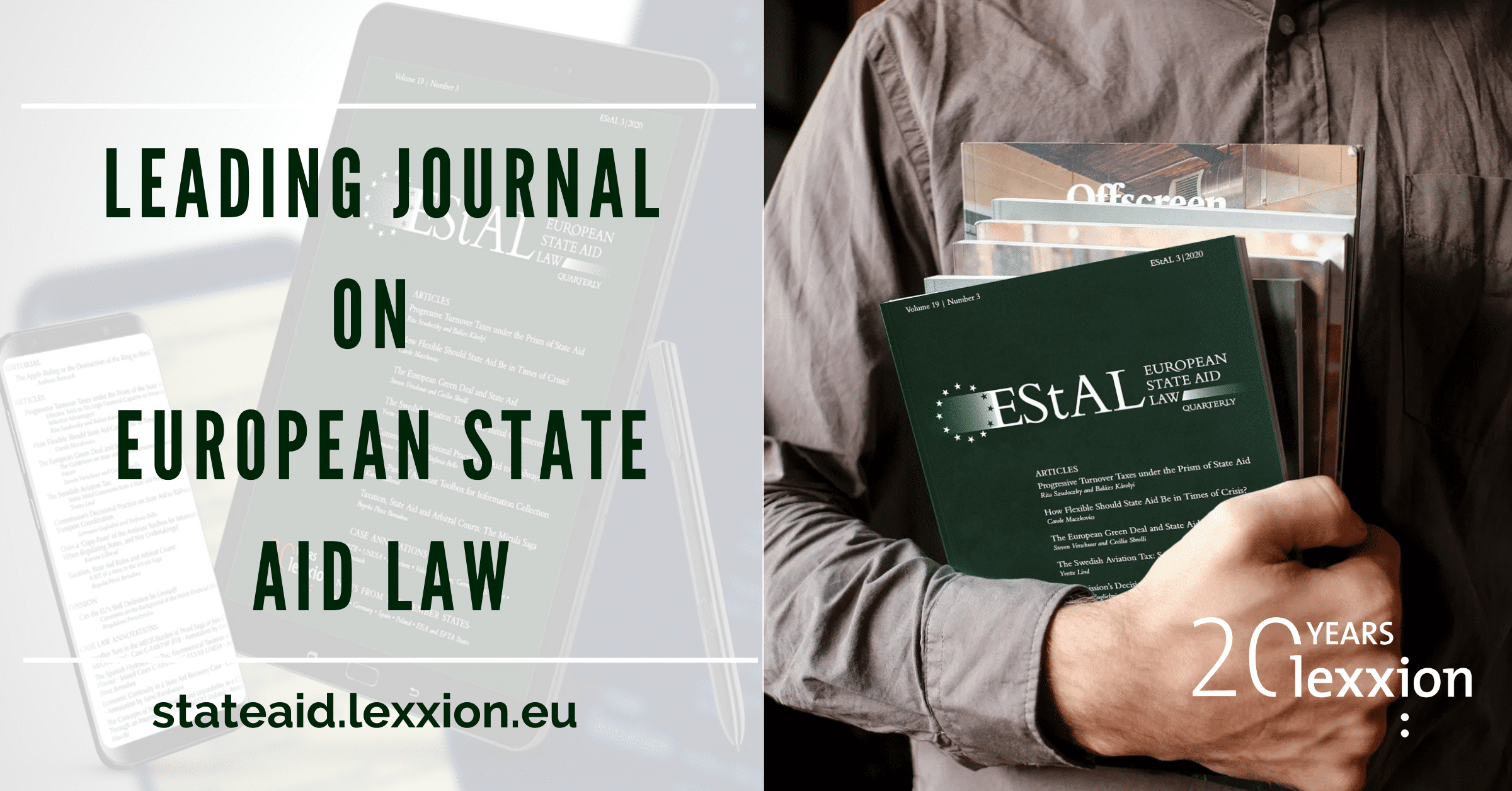
On Friday, 30 November 2020, the European Commission published a Staff Working Document [SWD(2020) 257 final] presenting and assessing the results of the evaluation of the main State aid rules of the EU. The SWD explains the aims of the State Aid Modernisation [SAM] that was launched in 2012 and summarises the findings of the Fitness Check of the GBER, de minimis regulation and major guidelines such as, for example, those on environmental aid and energy, regional aid, RDI aid, risk finance and rescue & restricting aid.
The staff who prepared the SWD and its many annexes should be congratulated. The papers are clear, well-written and do not shy away from admitting that, despite the success of SAM, some rules need improvement. The whole set of papers is a rich source of information.
But there is one thing that the SWD fails to pick up even though, ironically, it refers to it at many points in the body of the document and the various annexes. It is the difference in responses to surveys and in interviews between public authorities at national level, on the one hand, and other stakeholders such as public authorities at regional level, other public bodies and aid recipients, on the other. Although the respondents with negative views are for most questions in a small minority, more respondents in the latter group appear to believe that the current State aid rules are not clear enough. The SWD does not offer any explanation or plausible guess.
– Ad –
European State Aid Law (EStAL) provides you quarterly with a review of around 100 pages, containing articles, case studies, jurisdiction of both European and national courts as well as communications from the European Commission. EStAL covers all areas pertaining to EU State aid and subsidies, among others:
✓ The evolution of the concept of State aid;
✓ State aid Modernization;
✓ Services of General Economic Interest (SGEI);
✓ General Block Exemption Regulation (GBER);
✓ Judicial review of Commission Decisions;
✓ Economic assessment and evaluation;
✓ Enforcement at national level;
✓ Sectoral aid and guidelines.
Here is my guess. The Commission itself has created what may be called an “information bottleneck” with its misguided policy of channelling explanations and clarifications on the GBER and guidelines via eWiki to national contact points. These national contact points may or may not inform other national authorities at subnational level. Anecdotal evidence suggests that they inform industry associations, NGOs and aid recipients only rarely or haphazardly.
Yet, the case law, that the Commission knows very well, lays unequivocally the onus on aid recipients to ensure that the public funding they receive is legally granted to them. They need to know the GBER and the guidelines better than the granting authorities because they are the ones that have to pay back with interest any incompatible aid.
The SWD revealed that the Commission received 1480 questions on the current rules [post-SAM] of which 1180 concerned the GBER! Yet, the paper on Frequently Asked Questions on the GBER that is published on DG Competition’s website contains only 258 questions. This paper has not been updated since March 2016!
There is no reason, technical or legal, why reading access to the questions of Member States and answers of the Commission cannot be granted to everyone.
The SWD also shows that in the previous period of 2007-2013, the Commission dealt with a high number of notifications: EEAF 361, regional aid 371, RDI 420, risk capital 124. In the 2014-2019 period, it received far fewer notifications: EEAF 229, regional aid 134, RDI 5, risk capital 5. The Commission correctly attributes this staggering decline to the fact that the GBER is used for the implementation of more than 95% of all new aid measures.
But this successful reform has come at a cost. There are far fewer Commission decisions that explain the rules. Therefore, stakeholders need to rely more on the answers given by the Commission via the eWiki. The information bottleneck should be removed.
Image by Gerd Altmann on Pixabay.




